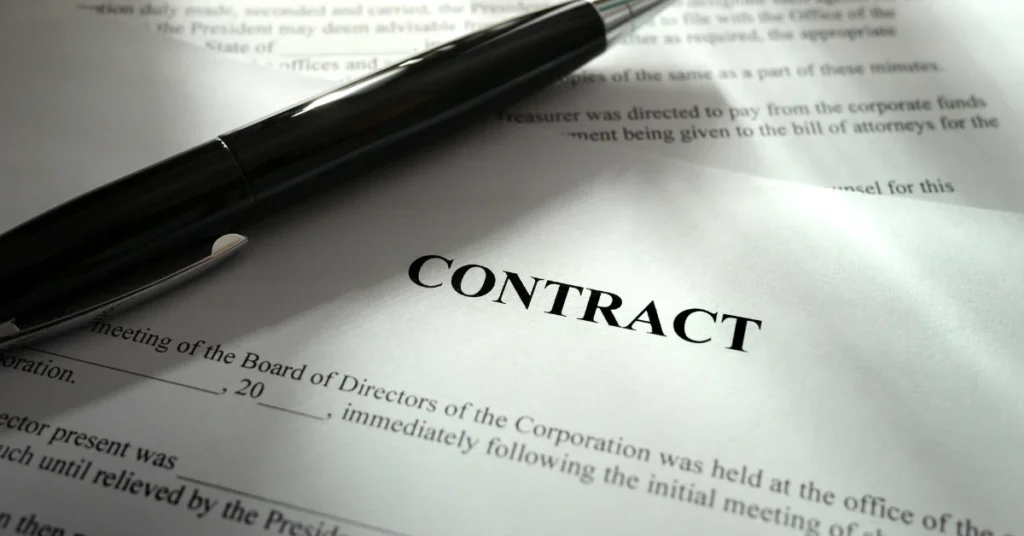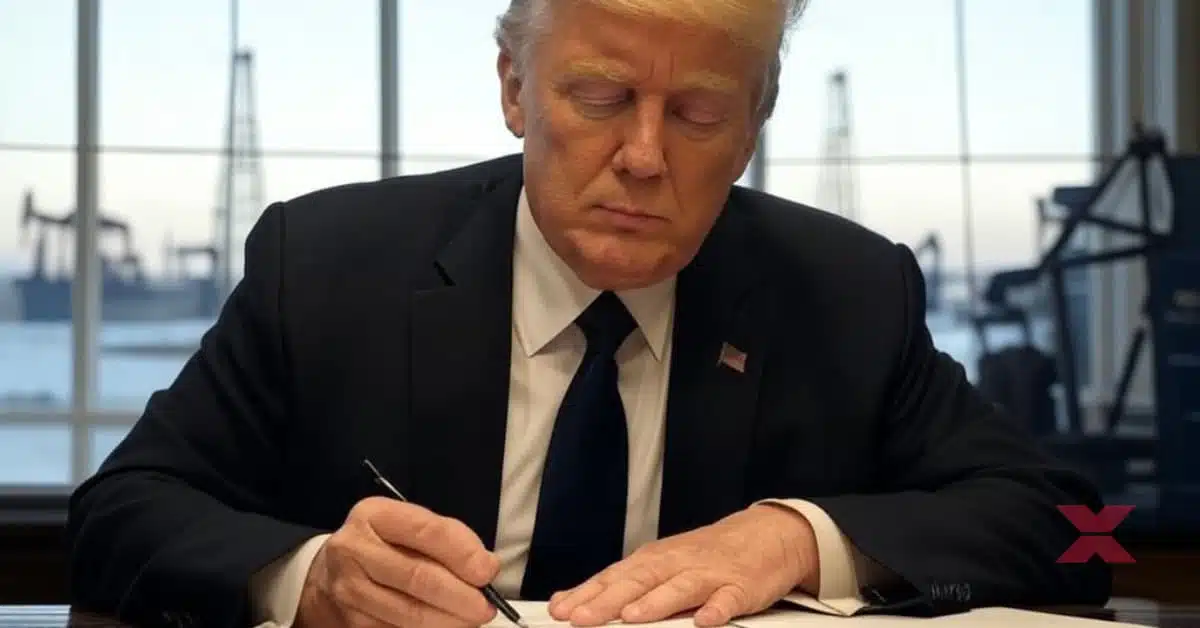Top 10 Best Practices for Successful Government Contracting
Table of Contents
- Top 10 Best Practices for Successful Government Contracting
Government contracting presents lucrative opportunities for businesses to secure steady, often long-term work with federal, state, and local government agencies. From defense contracts and healthcare projects to IT solutions and infrastructure development, government contracts cover many industries and can help companies grow their reach and revenue. However, navigating the complex requirements, strict compliance standards, and rigorous bidding processes can be challenging. This guide will provide insights into the best practices for government contracting, from identifying opportunities to ensuring compliance and creating strong proposals that win contracts.
Understanding Government Contracts
Government contracts are agreements between a government agency and a private business to deliver goods, services, or construction work. Depending on the level of government and the type of work, contracts can vary significantly in terms of scope, regulations, and requirements.
Types of Government Contracts
- Federal Contracts
Federal contracts are overseen by national agencies like the Department of Defense (DoD) and are typically the most lucrative and competitive. - State Contracts
State-level contracts are focused on specific regions and cover services like infrastructure, education, and healthcare. - Local Government Contracts
Local government contracts involve city or municipal services and can be ideal for smaller businesses.
Common Government Contract Sectors
Government contracts span many sectors, including:
- Defense: For military and defense equipment or services
- IT and Technology: From software development to cybersecurity
- Healthcare: Supply of medical equipment, healthcare facilities, or consulting services
- Construction: Roadwork, public buildings, and urban development
Contract Types and Terms
Understanding contract types can help businesses prepare accurate bids:
- Fixed-Price Contracts: A set price is agreed upon for the work, regardless of incurred costs.
- Cost-Reimbursement Contracts: Reimbursement of expenses within an agreed limit, suitable for R&D projects.
- Indefinite Delivery Contracts: Flexible timeframes for delivery, often used in construction.

Preparing to Bid: Research and Requirements
Preparing to bid on government contracts requires thorough research and an understanding of all requirements.
Identifying Opportunities
Federal, state, and local governments advertise contracts on official platforms:
- SAM.gov: The central source for federal contracting opportunities.
- State Procurement Websites: Each state has an online portal for state contract opportunities.
- Local Government Websites: Municipalities often list local projects online.
Understanding the RFP and RFQ Processes
Government contracts are often issued as Requests for Proposals (RFPs) or Requests for Quotations (RFQs).
- RFP: The government seeks a comprehensive proposal, including cost, timeline, and methodology.
- RFQ: Focuses more on price quotations for products or services.
Analyzing Requirements and Compliance Needs
Government contracts require strict compliance with regulatory standards, especially for contracts in healthcare or defense. Reviewing these requirements before bidding helps avoid compliance issues.

Crafting a Winning Proposal
A well-crafted proposal can make all the difference in winning a government contract.
Key Elements of a Successful Proposal
A successful proposal should contain:
- Objectives: Clearly outline the project’s goals and deliverables.
- Budget and Timeline: Provide accurate cost and time estimates.
- Scope of Work: Detail the processes and methodology involved.
Proposal Writing Tips for Government Contracts
Writing proposals for government contracts involves precision and adherence to guidelines:
- Compliance: Follow formatting and content requirements exactly.
- Clear Communication: Use simple language to explain complex concepts.
Enhancing Proposal Competitiveness
Differentiate your proposal by:
- Highlighting experience with similar projects.
- Addressing potential challenges and presenting solutions.

Navigating Government Contract Compliance
Compliance is crucial in government contracting. Non-compliance can lead to penalties, loss of contract, or legal consequences.
Key Compliance Standards
- Federal Acquisition Regulation (FAR): Governs procurement processes at the federal level.
- DCAA Guidelines: Regulate cost accounting for government contracts.
Managing Contract Compliance
Regular audits, transparent accounting, and strict record-keeping help ensure compliance. Implementing dedicated software can also simplify compliance management.
The Role of Certifications in Government Contracting
Certifications are essential for businesses, especially small businesses, in competitive government contracts:
- Small Business Certifications: SBA 8(a), HUBZone, Veteran, Minority, and Woman-owned.
- Industry-Specific Certifications: Like CMMC for cybersecurity in defense contracts.

Managing the Contract Lifecycle
Managing a government contract effectively requires a proactive approach.
Effective Contract Management
Establish clear benchmarks for tracking progress and ensuring deadlines are met. Effective communication with the contracting agency can help prevent misunderstandings.
Handling Modifications and Extensions
Contracts often undergo modifications. Establish protocols for handling these changes smoothly.
Risk Management Strategies
Identify potential risks early on and implement mitigation strategies, including insurance and backup resources.
Pricing and Budgeting Strategies
Pricing can be complex in government contracting, and understanding different models is crucial.
Common Pricing Models
- Fixed-Price: A pre-agreed amount for a defined scope of work.
- Cost-Plus: Reimburses the contractor’s costs plus an additional profit margin.
- Time-and-Materials: Charges for hours worked and materials used.
Budgeting Best Practices
Keep track of expenses, implement budgeting software, and factor in unexpected costs to avoid overruns.

Best Practices for Small Businesses in Government Contracting
Small businesses can successfully secure government contracts by leveraging unique advantages.
Leveraging Small Business Certifications
Certifications for small businesses offer a competitive advantage and may provide access to set-aside contracts.
Building Relationships with Government Agencies
Networking, attending government contract events, and maintaining a reputation for reliable performance can enhance opportunities.
Conclusion
Government contracting presents immense opportunities for businesses willing to navigate the complexities of compliance, proposal writing, and contract management. By understanding these best practices, companies can increase their chances of success in government contracting, leading to steady growth and business expansion.
FAQ Section
- What is the RFP process for government contracts?
- The RFP process is a request by a government agency for a detailed proposal outlining project objectives, costs, and methodology.
- How can small businesses get government contracts?
- By leveraging certifications (e.g., SBA 8(a)) and networking with government agencies, small businesses can access government contracting opportunities.
- What are the compliance requirements for federal contracts?
- Compliance requirements include adherence to FAR, cost accounting as per DCAA, and industry-specific regulations.
- What is the difference between RFP and RFQ?
- An RFP seeks detailed project proposals, while an RFQ primarily focuses on price quotes.
- How do I prepare a government contract proposal?
- Include project objectives, budget, timeline, and comply with formatting guidelines to prepare a winning proposal.





